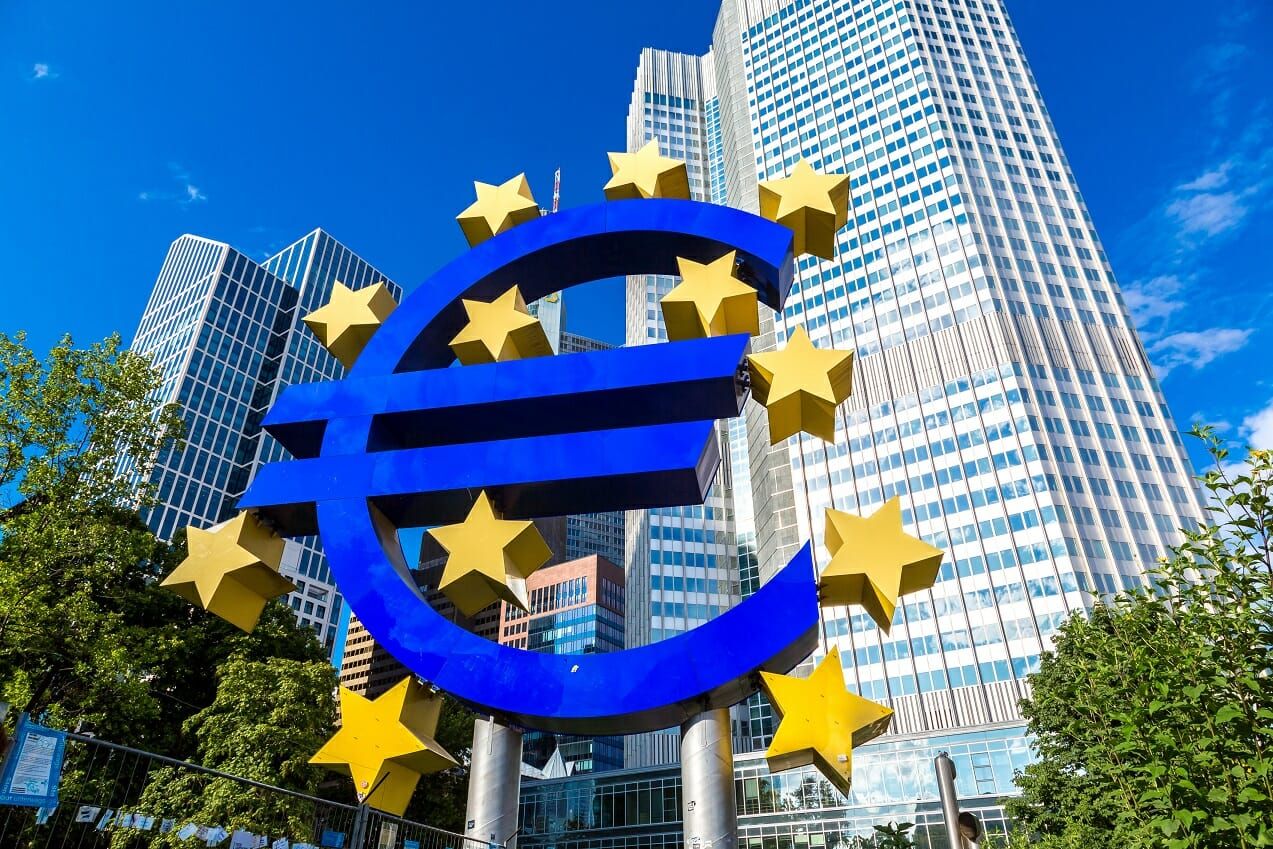European Central Bank’s approach to interest rates amid limited short-term reductions. The ECB has decided to keep its current interest rates unchanged, despite some recent pressures to lower them. The ECB’s primary refinancing rate remains at 0.00%, and the deposit rate is at -0.50%. This decision is influenced by several economic factors, including inflation, economic growth, and employment rates across the Eurozone.

Although there are signs of economic recovery in Europe, challenges persist. Inflation is still below the ECB’s target of 2%, and unemployment rates vary significantly across different countries in the region. These conditions highlight the need for continued economic support.
The market has been cautious in response to the ECB’s stance. Analysts are divided: some advocate for further rate cuts to stimulate spending and investment, while others suggest that alternative measures might be more effective. The limited impact of recent rate cuts has raised concerns about the diminishing effectiveness of traditional monetary policies. Investors and businesses are closely watching the ECB’s decisions, as interest rates influence borrowing costs and overall economic activity.

Comparisons with Other Central Banks
Comparing the ECB’s policies with those of other major central banks, such as the US Federal Reserve, which has been gradually raising rates, shows differing approaches to economic stability. These differences affect currency exchange rates, with potential implications for international trade. For instance, the ECB’s decision to maintain low rates can influence the value of the euro against the US dollar and the British pound, affecting businesses involved in global trade.
Note: Forexschoolonline.com is not a financial advisor. Do your research before investing your funds in any financial asset or presented product or event. We are not responsible for your investing results


Leave a Reply